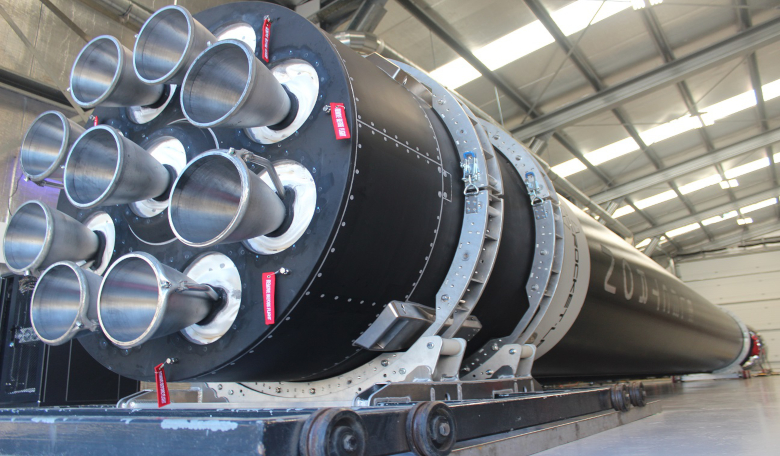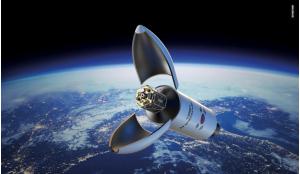California-based satellite company Rocket Lab have announced a major performance increase to their Electron launch vehicle, a move that will not only allow the company to launch more payloads to low Earth Orbit but also paves the way forward for an interplanetary mission to Venus.
Unable to attend this years SmallSat conference in Utah due to ongoing Covid-19 restrictions, Rocket Lab CEO and founder Peter Beck instead took to YouTube to discuss the company’s recent performances; a topic which was mostly sidelined by discussions of his plans for a private mission to Earth’s twin planet Venus, which he has earmarked for 2023.
“I am madly in love with Venus,” Beck said, while candidly speaking with Rocket Labs head of Communications Morgan Bailey, about his fondness for one of Earth’s nearest planetary neighbours.
“Mars is super interesting and Mars has got a lot of attention - we will put a human footprint on Mars, I have no doubt about that – but if you look through the Solar System there are three probable candidates where life may have existed or may even still exist in some form and one of those is Venus,” the entrepreneur said .
Since founding the business in 2006, Beck has grown Rocket Lab to become a globally recognised leader in the space leader and has overseen the development of the world’s first and only private orbital launch range, located on New Zealand's Māhia Peninsula.
With a penchant for powerful engines, the New Zealand engineer, whose two-stage liquid-fuelled Electron rocket only reached orbit for the first time in January 2018, is now making fast progress with his Rutherford engine.
Weighing in at just 35 kilograms, Rocket Lab’s Rutherford engines are the world’s first 3D printed and electric pump-fed engines to be launched to space.
Now with improved battery technology to power the electric pump, Rocket lab boasts an improved payload lift capacity up to 300 kg (660 lbs).
However, increased capacity aside, one can’t help but feel those improvements were carried out predominantly for personal gain.
“Going back to the probability of life, that is at least for me, one of the biggest questions there is - are we alone in this Universe, is life prolific or incredibly unique?” Beck said in the Q&A.
In a quest to find out, Beck has plans to explore a specific transition region in Venus’ atmosphere, which the CEO says has been hypothesised to host life or “possible extremophile kind of life” at an altitude 50km above the planet’s hot and inhospitable surface.
Venus has not always been a planet enshrouded in intense, blistering heat where life as we know it would struggle to survive under the crushing atmospheric pressures. Studies have shown that like Mars, Venus could also have once supported an ocean early in its history.
Understanding the planet’s history and evolution is another key motivation in taking a trip to this toxic-infused planet.
“Venus is Earth in a climate change disaster,” says Beck. “If we keep on a trajectory we’re just going to end up like Venus, so there is a lot to learn about our own planet from Venus,” the CEO said.
Those lessons could start soon, as a mission as early as three years from now is on the cards according to Beck.
“I just think it would be rude if you have the capabilities and the desire, to just not have a crack,” the CEO said. So I’m working very hard to put together a private mission to go Venus in 2023. We can learn a lot on the way there and we’ll have a crack at seeing if we can discover what’s in that atmospheric zone and who knows, we may hit the jackpot.”











